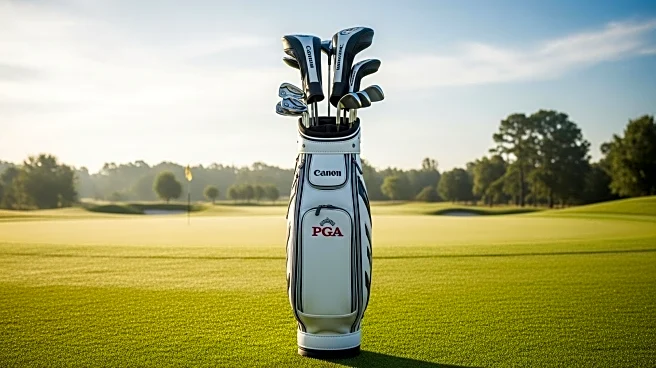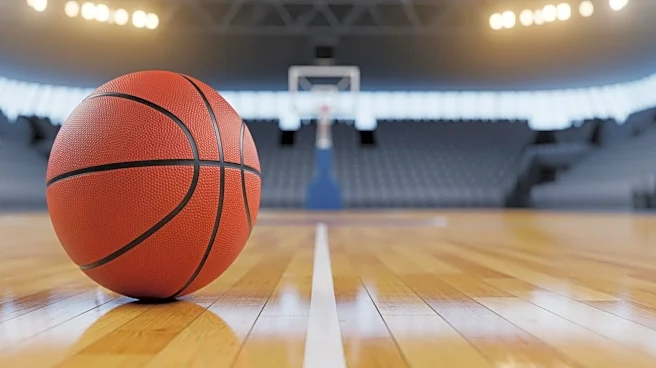What is the story about?
What's Happening?
The PGA of America CEO, Derek Sprague, issued an apology to golfer Rory McIlroy and his wife, Erica, following an incident at the Ryder Cup held at Bethpage Black. During the event, Erica McIlroy had a drink swatted at her by a fan, which left her stunned. Sprague expressed his disappointment with the behavior of the fans and the emcee, Heather McMahan, who participated in a derogatory chant against McIlroy. Sprague emphasized that such behavior is not condoned by the PGA and promised improvements in future events. This apology contrasts with comments made by PGA of America president Don Rea, who downplayed the incident, suggesting that such behavior is common in sports events.
Why It's Important?
The apology from the PGA of America CEO highlights the ongoing challenges in managing fan behavior at major sporting events. The incident underscores the need for sports organizations to ensure a respectful environment for athletes and their families. The contrasting views between Sprague and Rea may indicate differing approaches within the PGA regarding fan conduct. This situation could lead to increased scrutiny on how sports organizations handle similar incidents, potentially influencing policies and practices to safeguard athletes and their families from abusive behavior.
What's Next?
The PGA of America may need to review its policies and procedures to prevent similar incidents in the future. This could involve implementing stricter guidelines for fan conduct and enhancing security measures at events. The organization might also consider engaging in dialogue with players and their representatives to address concerns and improve the overall experience at tournaments. Additionally, the incident could prompt other sports organizations to reassess their own policies regarding fan behavior.
Beyond the Headlines
The incident at the Ryder Cup raises broader questions about the culture of sports fandom and the responsibilities of sports organizations in maintaining a respectful environment. It highlights the potential impact of fan behavior on the mental health and well-being of athletes and their families. This situation may also spark discussions about the role of social media and public figures in influencing fan conduct at sporting events.















